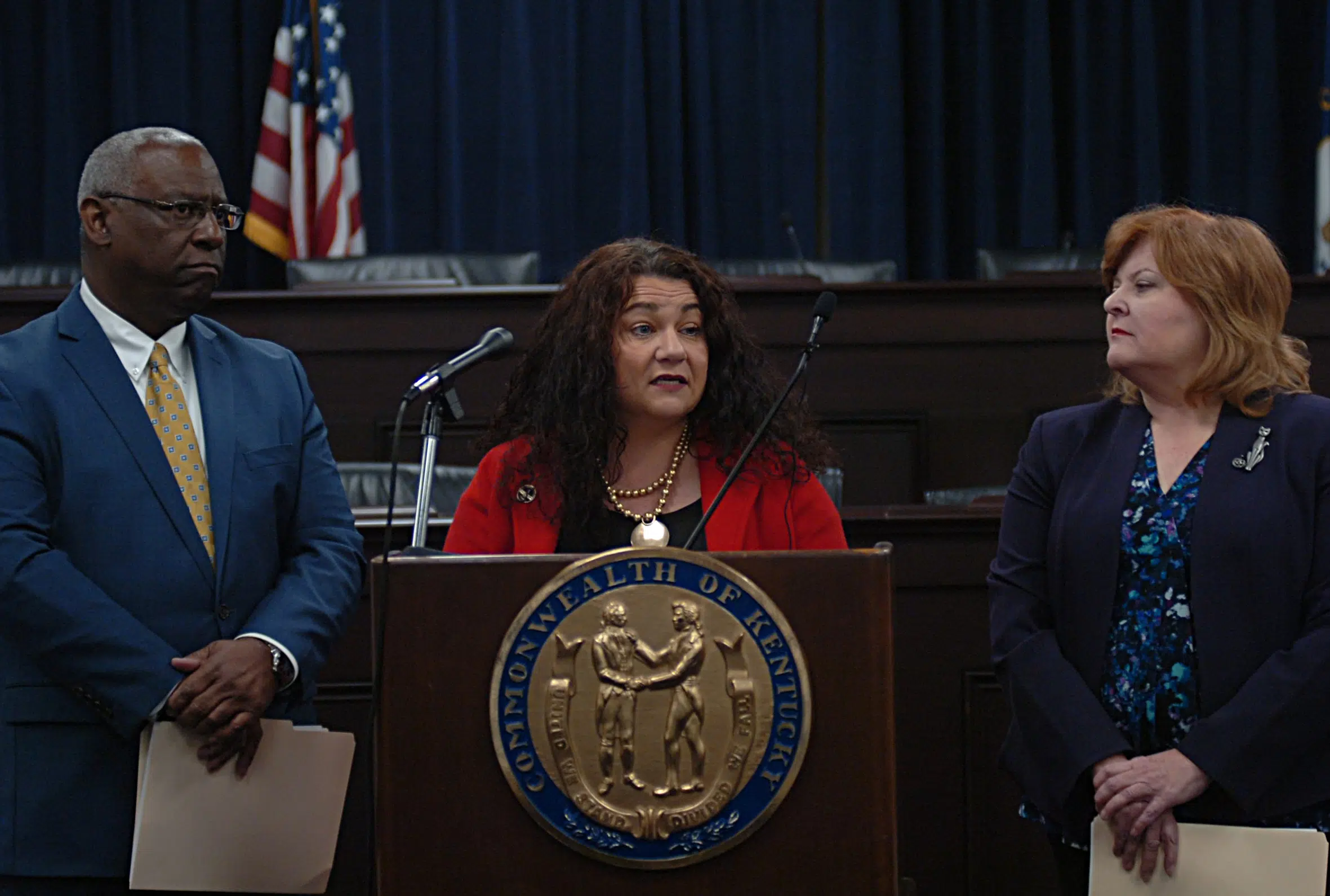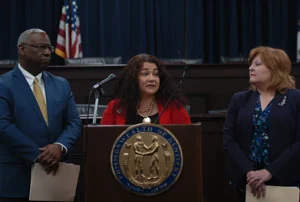Recent events have brought America’s healthcare challenges into sharp focus, highlighting the urgent need for systemic reform. While avoiding sensationalization of recent tragic events, we can examine the broader implications for healthcare policy and public sentiment toward the current system.
Public Sentiment and Healthcare Access
Recent polling data from YouGov/The Economist reveals deep public frustration with the current healthcare system. The survey shows particularly strong dissatisfaction among Americans under 44, reflecting growing concerns about healthcare accessibility and affordability among younger generations.
Understanding the Crisis
The American healthcare system faces several critical challenges:
Cost Barriers to Care
Many Americans face significant financial barriers to accessing necessary medical care. Even with insurance, high deductibles and co-pays can make treatment prohibitively expensive, leading to delayed or foregone care.
The Insurance Gap
While the Affordable Care Act expanded coverage, millions of Americans remain either uninsured or underinsured. This gap often forces people to choose between medical care and other essential needs.
Chronic Pain Management
The system’s approach to chronic pain management has come under particular scrutiny. Patients often struggle to receive adequate care while navigating complex insurance requirements and coverage limitations.
Impact on Public Health
The consequences of these systemic issues include:
- Delayed preventive care leading to worse health outcomes
- Mounting medical debt affecting millions of families
- Mental health strain from dealing with healthcare bureaucracy
- Reduced quality of life for chronic pain patients
The Role of Private Insurance
The current debate centers largely on the role of private insurance in healthcare delivery. Critics argue that the profit motive in healthcare creates inherent conflicts with patient care, while defenders maintain that market competition drives innovation and efficiency.
Potential Solutions
Healthcare policy experts suggest several potential reforms:
Universal Coverage Options
- Medicare for All proposals
- Public option programs
- Hybrid systems similar to those in other developed nations
Cost Control Measures
- Drug pricing reform
- Hospital price transparency
- Administrative overhead reduction
Access Improvements
- Expanded rural healthcare services
- Improved chronic care management
- Mental health service integration
Moving Forward
The path to healthcare reform requires careful consideration of:
- Economic implications
- Implementation challenges
- Transition planning
- Stakeholder concerns
Recent events have intensified the national conversation about healthcare reform. While tragic incidents should not be celebrated, they have sparked renewed attention to systemic issues that affect millions of Americans. The challenge now lies in channeling this attention toward constructive reform efforts that can improve healthcare access and affordability for all Americans.
The solution must balance multiple factors:
- Universal access to care
- Cost containment
- Quality maintenance
- Provider sustainability
- Patient dignity
As this national discussion continues, focusing on systemic solutions rather than individual actors becomes crucial for meaningful reform.











